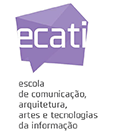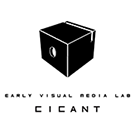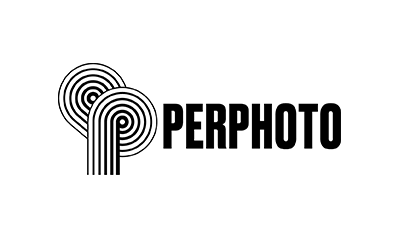The immersive battlefield – aerial photography and the stereoscope in the First and Second World War [EN]
Tonje Haugland Sørensen
In 1918 a French journal proclaimed the stereoscope the most important weapon of the First World War. Such a proclamation seems at odds with the legacy of the First World War as the war of tanks, gas and trench warfare. Yet, the journal had good reason to signal out the stereoscope. The western front had seen the rapid development of aerial photography and aerial recognizance as an increasingly important source for military intelligence. For the interpretation of these masses of aerial photographs – often taken at high altitude and vertical to the ground – the stereoscope had proved vital due to its ability to create a sense of 3D-immersion which significantly eased interpretation. The following paper will reflect on this use of the stereoscope as an instrument of war, with particular focus on how the combination of aerial photography and the stereoscope created a sense of an immersive battlefield. A special focus will be on the interpreters who employed stereoscopes as part of their intelligence work, and who through manuals and memos written by the Royal Flying Corps (R.F.C) were told to put aside their own human sentiment for the proposed objective view of the battlefield given by the combination of aerial photographs and stereoscopic apparatuses.
Dr. Tonje H. Sørensen is a post-doc researcher in Art History at the University of Bergen, Norway. She is currently working on a project called Overview – the art of the aerial which deals with the historical, cultural and medial context of the aerial in visual culture, and how it ties in with the current drone culture. Through close readings of different aerial visual templates, the project will focus on the intersection of ideologies, military, media and art. She has previously worked on the role of photography and film in representing war, as well as written about the use of photography in museum exhibits about atrocities.
Organization


Partners





Campo Grande, 376, 1749 - 024 Lisboa | Tel.: 217 515 500 | Fax: 21 757 7006
Copyright © 2021 COFAC. Todos os direitos reservados. Gestão de conteúdos por Producao Multimédia
